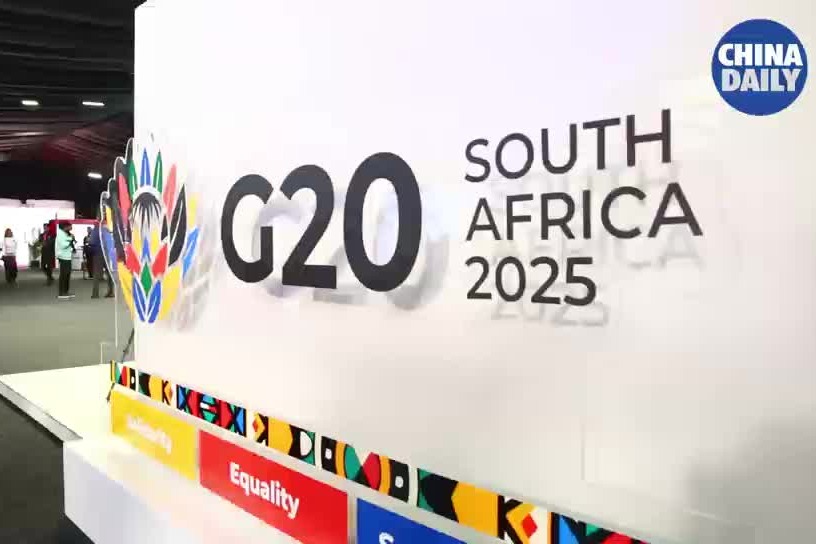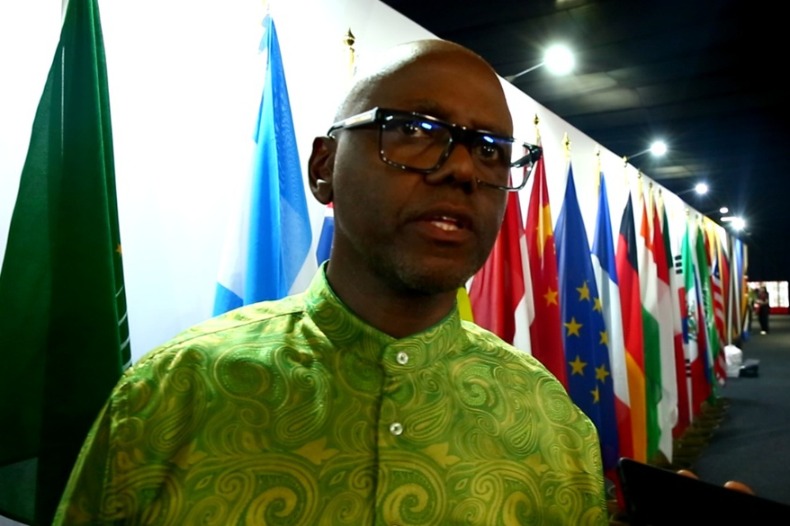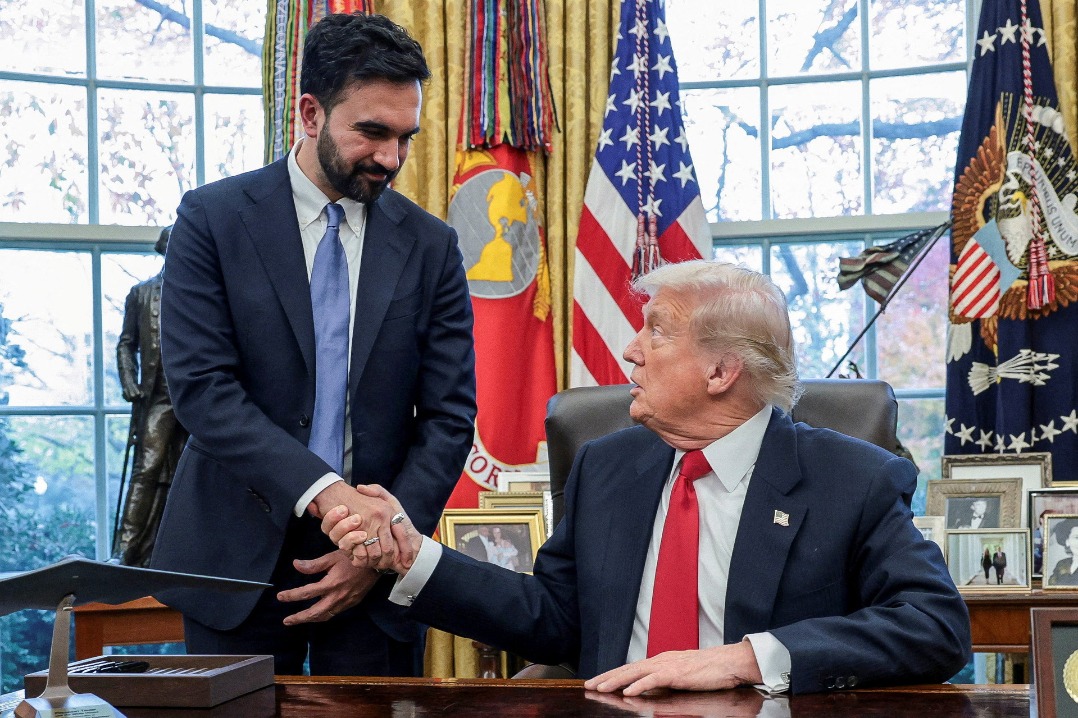On Taiwan question, Japan is threatening peace


Hegemonic and imperialist Japan in the late 19th and early 20th centuries posed many challenges to China. It began causing problems for China in the 19th century by drawing China into various conflicts.
Starting in 1931, the Imperial Japanese Army waged a war against China, committing numerous atrocities and using various violent methods, including germ warfare and human experimentation, against the Chinese people.
Historical records show that more than 35 million Chinese soldiers and civilians died or were injured. Japan also destroyed China's industrial and agricultural infrastructure, crippling its production foundation.
Now, Japan is back with dirty politics and has started to interfere in the Taiwan question, an internal matter of China. This is clear from the recent statement by Japanese Prime Minister Sanae Takaichi regarding the Chinese province. She suggested that an attack on Taiwan could trigger the deployment of Japan's Self-Defense Forces.
This statement contradicts international norms and values. Taiwan is widely deemed an internal matter of China. No country has the right to interfere in China's internal affairs. China has the right and capability to resolve its internal matters.
This is not a sudden move or an unexpected policy. Japan had been preparing for this for a long time and was waiting for the right moment to unmask its true ambitions.
Japan took a major step in 2013 by expanding its security and national defense policies and their scope, and developed the National Security Strategy. It also formulated the National Defense Strategy and the Defense Buildup Program. The strategies and the program are playing a leading and determinant role in shaping Japan's modern security and defense framework.
In an effort to further expand its de facto military strength, Japan revised the National Security Strategy in December 2022, making it more assertive. China was labeled a major challenge, and this was later upgraded to a threat. Under this policy change, Japan is significantly investing in its military buildup. For example, in 2024, Japan allocated nearly $50 billion and planned to allocate about $63 billion for fiscal year 2026. The ultimate goal is to make its military spending 2 percent of GDP by 2027.
On the other hand, Japan is busy building and expanding alliances by using the so-called "China threat" as an excuse. When Fumio Kishida was Japan's prime minister, he traveled to Europe and the United States to sign new agreements and strengthen the existing ties. First, he signed an agreement with the United Kingdom for the deployment of troops on each other's soil, and for joint training and close cooperation on Asia-Pacific policy, among other things. Second, he renewed commitments to broadening cooperation between the US and Japan.
At the multilateral level, Japan is a permanent member of the Quadrilateral Security Dialogue, or QUAD, an alliance aimed at countering China. It collaborates with the US, Australia and India to challenge Chinese interests and contain China. Most notably, Japan signed an Individually Tailored Partnership Programme agreement with NATO.
It is clear that Japan is expanding its military and offensive capabilities, citing the so-called "threat from China", although a detailed analysis of ground realities and political situations suggests otherwise.
China has never posed a threat to the security of any country, including Japan. Even though Japan committed crimes against humanity and war crimes in China, China chose to build a positive relationship.
Unfortunately, Japan is not reciprocating and is moving in the opposite direction under the influence of the US and its own hegemonic and imperial ambitions.
For Japan, the best choice is to cooperate, live peacefully and avoid interfering in China's internal affairs.
The author is chief executive officer of the Asian Institute of Eco-civilization Research and Development in Pakistan.
The views do not necessarily reflect those of China Daily.
































